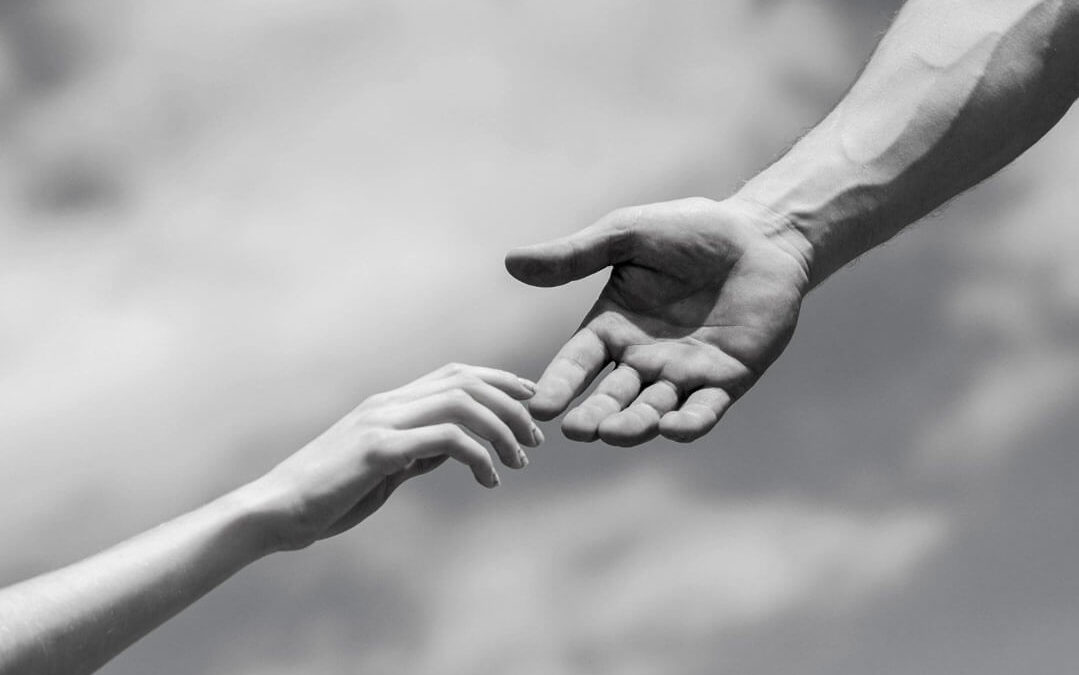The impulse to improve the world around us is deeply rooted, and as old as civilization itself.
It’s based on an idea once famously articulated by Robert F. Kennedy, who said, “Some men see things as they are, and ask why. I dream of things that never were, and ask why not.”
Those who consistently lament the “why” of the world are not typically at the forefront of philanthropy. Rather than immersing themselves in charitable works, they are more likely to retreat into pessimism. It is those who ask “why not” who bring the true passion and creative energy to philanthropy.
The belief that change can succeed where it has previously failed is the relentless, optimistic catalyst for the most effective philanthropy. To seek to change the world around us, we must first believe it can be changed. And “believe” is indeed the key word.
Charitable idealism isn’t blind to reality. A sober assessment of a particular social problem, whether it is famine overseas or homelessness in our own cities, is a necessary first step to finding a solution for it.
Here, again, Robert Kennedy’s perspective is instructive: “We must deal with the world as it is,” he said. “Idealism, high aspirations, and deep convictions are not incompatible with the most practical and efficient of programs — there is no basic inconsistency between ideals and realistic possibilities, no separation between the deepest desires of heart and of mind and the rational application of human effort to human problems.”
The most charitable among us long ago discovered that the work of helping people and communities is well-compensated, in emotional gratification. Such rewards are priceless. Knowing you have made a difference in the world, or in a life, provides tremendous satisfaction.
And it is a selfless emotion; the happiness you feel is directly linked to the happiness you’ve been able to create for others. Every charitable act brings joy into the life of another person. And that joy is never one-sided — it echoes back into your own life. Through charity, we improve ourselves.
As Winston Churchill wrote: “We make a living by what we get. We make a life by what we give.”
Charity is even more rewarding when it is anchored in our own core beliefs, especially the principles we derive from faith. When we know that our efforts are not only helping others but also honouring our Creator with the love and light we are spreading in the world, the personal satisfaction we feel is magnified exponentially.
And it shows. As author H. Jackson Brown Jr. observed, “Remember that the happiest people are not those getting more, but those giving more.”
With this in mind, let’s go out and do the work that needs to be done. Let’s transform lives, and change the world. And let’s do it together. As another great philosopher once sang: “You may say I’m a dreamer … but I’m not the only one.”
